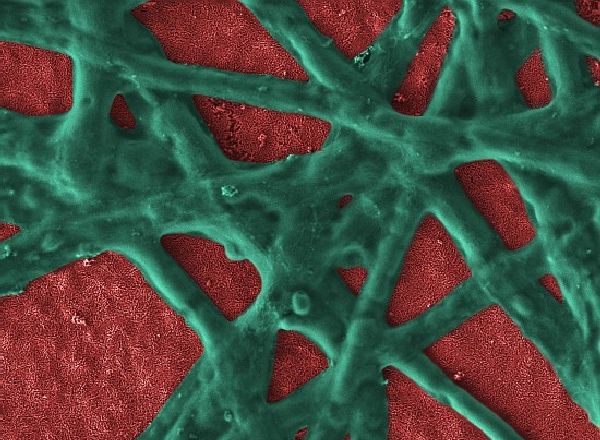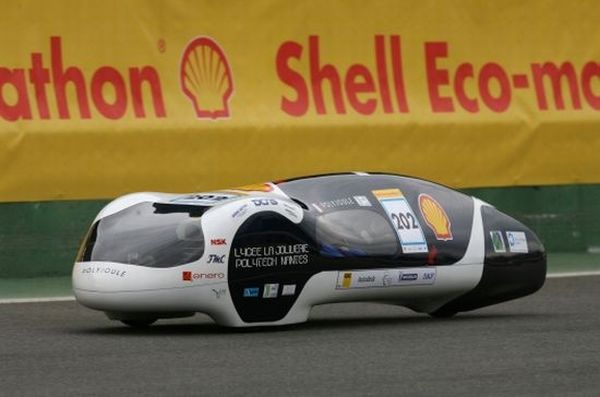Hydrogen in seawater can provide an inexhaustible source of clean energy. The present process of hydrogen separation from water is by the energy intensive electrolysis process. This cannot be widely used until we find economic means of producing electricity from solar radiation. An alternative path is to mimic the photosynthesis process used in plants that use sunlight to produce plant protein. An artificial photosynthesis process is used in photo electrochemical cells (PEC) where sunlight is absorbed by semiconductor electrodes which then react with water molecules to produce hydrogen. A recent research finding is that combining plant protein derived from algae with the semiconductor electrode doubles hydrogen production.

Photo electrochemical cells use electrodes made of hematite, a form of iron oxide produced due to rusting of the metal. Electrodes for PEC are fabricated from nano particles of hematite, which absorb energy from the visible spectrum of light. These electrodes in contact with water molecules, split them into hydrogen and oxygen.
A joint team made up of EMPA the Swiss materials research group, the Basel University and the Argonne National Labs of Illinois, US has been working on developing higher efficiency PECs. Debajeet Bora, a researcher on the team from EMPA came up with the novel idea of cross coupling the molecules of the protein phycocyanin found in blue-green algae with the nano particles of hematite to form a new type of electrode. The algal protein forms an additional light harvesting membrane coating on the metal oxide electrode doubling the photocurrent produced. This higher photocurrent increases hydrogen production. The combining of bio proteins with inorganic materials is an entirely new approach and is expected to spark off research into other means of combining technologies from these two fields.
This research finding brings us a little closer to the dream of using hydrogen from seawater as the energy source for all our needs.
Via: Gizmag




